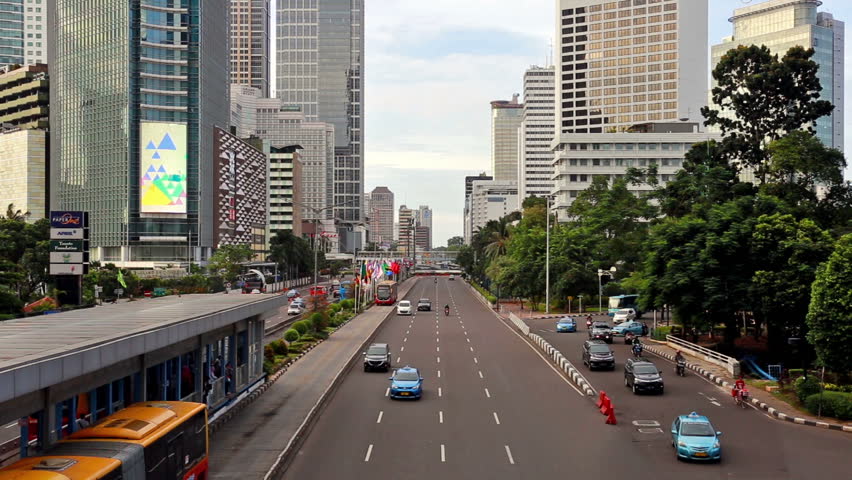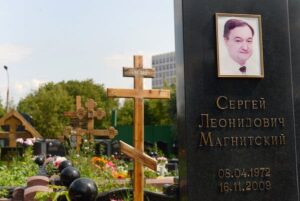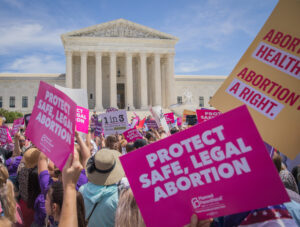As the country with the world’s largest Muslim population, Indonesia has no national law against homosexuality other than the 1974 Marriage Law. This law states that the only legally acknowledged marriage is between heterosexual couples.
However, wider discrimination against LGBTQ people happens.
In the past five years, discrimination against gender and sexual minorities in Indonesia has increased. LGBTQ rights organisation Arus Pelangi identifies various homophobic acts against gay communities, ranging from bullying to murder.
Indonesian media also play a significant role in producing stigma against LGBTQ communities. Anti-gay media biases are apparent in their headlines, news angles, word choices and selection of sources.
These attacks and stigmas discourage gay community members from being visible in Indonesian public and media spaces.
Subverting stigmas
My recent study found Indonesian gay communities have resorted to using social media to dispel the stigmas.
I conducted the research from July 2020 to January 2021, collecting data (posts, captions, videos, etc) from various social media platforms such as TikTok, Instagram and Twitter. I also interviewed ten gay individuals.
I found the social media strategies gay communities in Indonesia have developed to fight against stigma fall into four categories:
- gay literacy
- social movement
- orientation disclosure
- intimacy sharing.
Gay literacy
The American Psychiatric Association (APA) removed homosexuality from its manual of mental disorders in 1973; the World Health Organisation (WHO) followed suit in 1992.
Indonesia’s general public continue to label homosexuality as deviant sexual behaviour. Through social media, gay communities try to fight this label by avoiding extreme expressions of sexuality.
This means gay communities rebuke actions that aggravate stigmas against them.
One informant announces on his Twitter account that he won’t follow anonymous accounts (also known as “alter” accounts) with pornographic content.
Another informant said: “It is upsetting that irresponsible members created a harmful effect for the entire community. Their reckless actions conform to the stigmas. They should have used social media to change the stigma, instead.”
Social movement
Indonesians still label HIV/AIDS as a gay disease and consider homosexual practices as the leading cause of HIV transmission.
However, gay communities have promoted sexual health in social media, with the aim of raising awareness of HIV/AIDS.
The user presents himself as a person with HIV/AIDS who is healthy, successful, happy and lives life to the fullest.
I found gay communities are concerned with sexual health as much as heterosexual communities are. By promoting sexual health, gay communities enhance general social well-being.
Orientation disclosure
There is a myth that homosexuality is a disease.
When a person comes out as gay in Indonesia, it’s not uncommon that people react by saying “you can be cured”.
Indonesian gay communities use social media to disclose their orientation. One modest action is by posting the rainbow flag on their profile.
They also use social media to educate others. One informant disclosed his orientation by posting a TikTok video, saying: “LGBT is not a sickness. Be mindful of the fact!”
This post invited a positive discussion on his account. One commentator jokingly said: “If you can’t go to school for the day, your mother could write an excuse letter: he’s got the gay disease.”
This is a way to manage and undo stigma that is not aggressive yet witty. It leads to a good discussion among users of all sexual orientations. It encourages the public to know more about gay communities instead of chastising them.
Intimacy sharing
As the public and media frame gay intimacy as deviant, gay communities use social media to rebuff the association with promiscuity.
One informant said: “[The] public have no idea, loyalty is important in gay relationships. Intimacy is sacred and beautiful. We are also committed to monogamous relationships.”
Social media as the other space
In a society where the public excludes LGBTQ people through stigma, gay communities suffer from social, religious, economic, political and legal discrimination.
Social media have become a space for them to share stories, experiences, emotions and attitudes in the context of everyday life. They subvert the stigma by developing creative and positive strategies on social media.
This approach creates more public awareness of these communities. In this way, social media provide an autonomous space for gay communities to deconstruct stigmas.
Social media have become one of the tools that empower LGBTQ people in claiming space. They provide gay communities with access to the public domain. It is part of the journey to a stigma-free society in the future, hopefully not long from now.
This article was originally posted on Indonesian gay communities use social media to break down barriers and stigmas






Be First to Comment